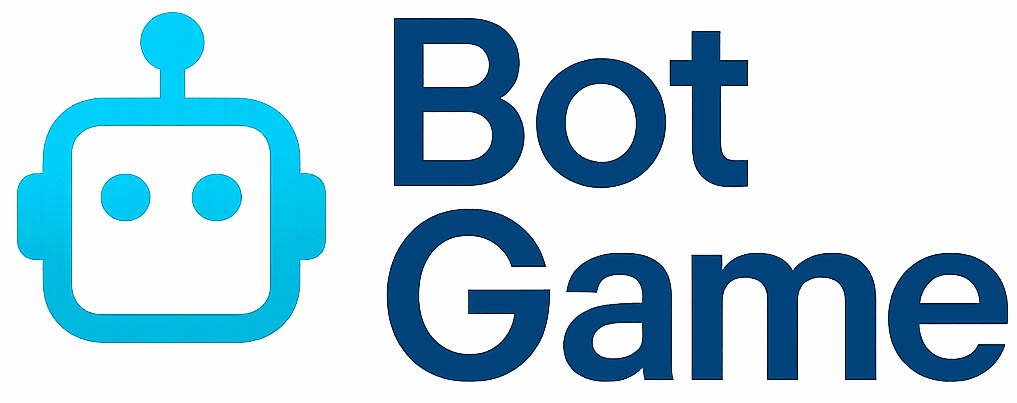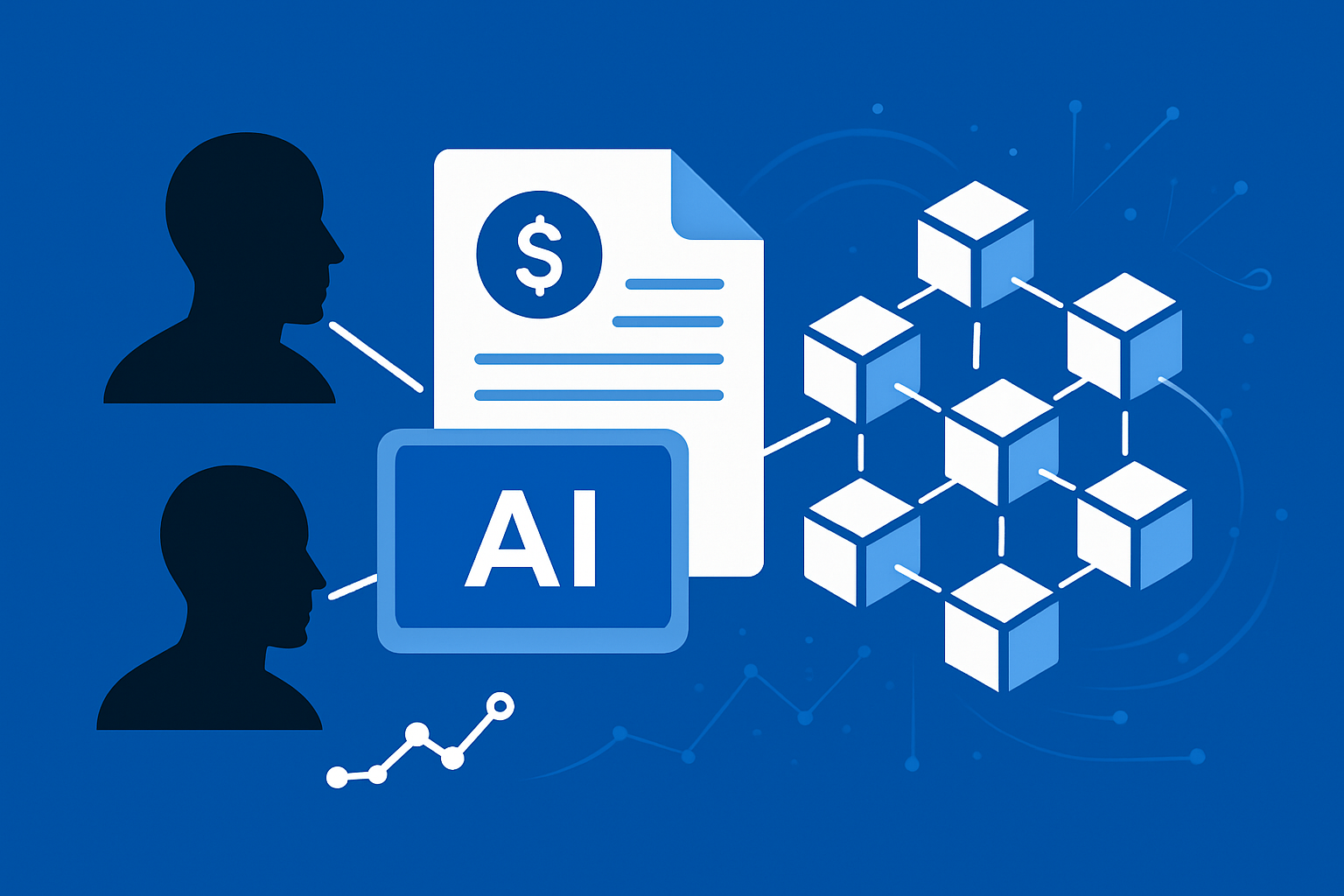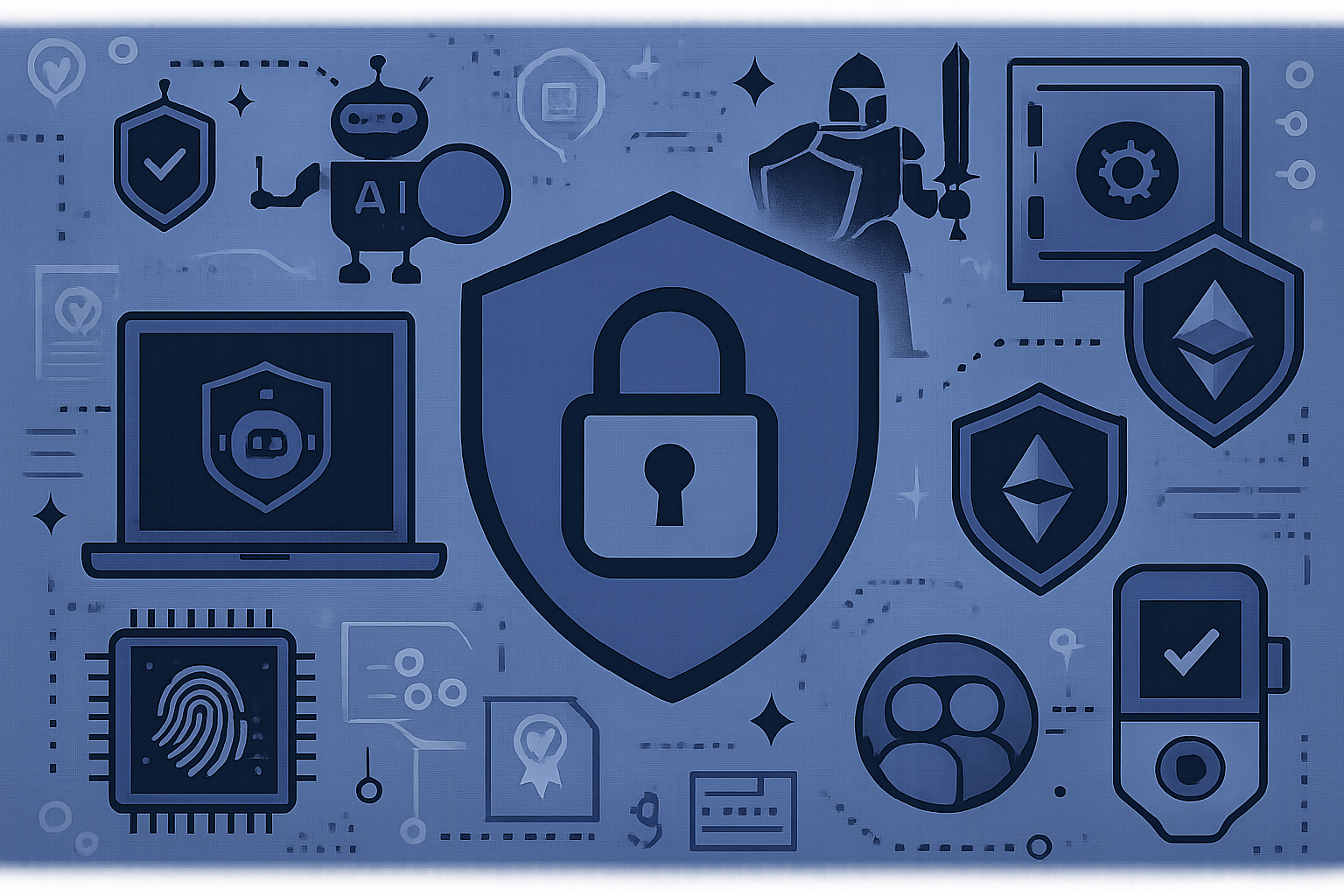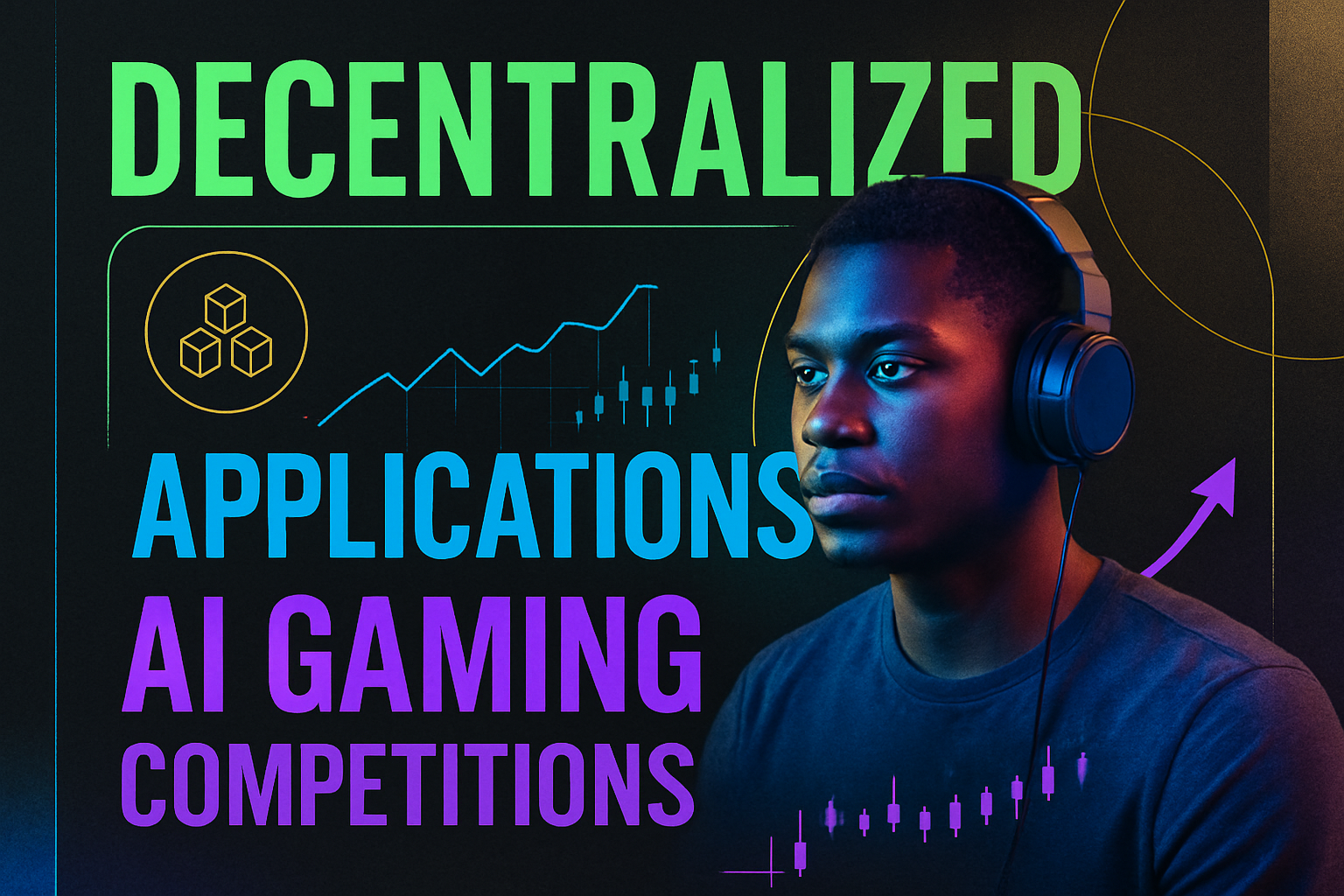
In the rapidly evolving landscape of AI gaming, MindGames Arena is setting a new benchmark for what it means to build and evaluate social intelligence in artificial agents. Unlike traditional competitions that focus on raw computational power or tactical prowess, MindGames Arena places the spotlight squarely on an agent’s ability to navigate complex, human-like social dynamics. This shift is not merely cosmetic – it marks a foundational transformation in how we understand and measure progress in AI gaming.
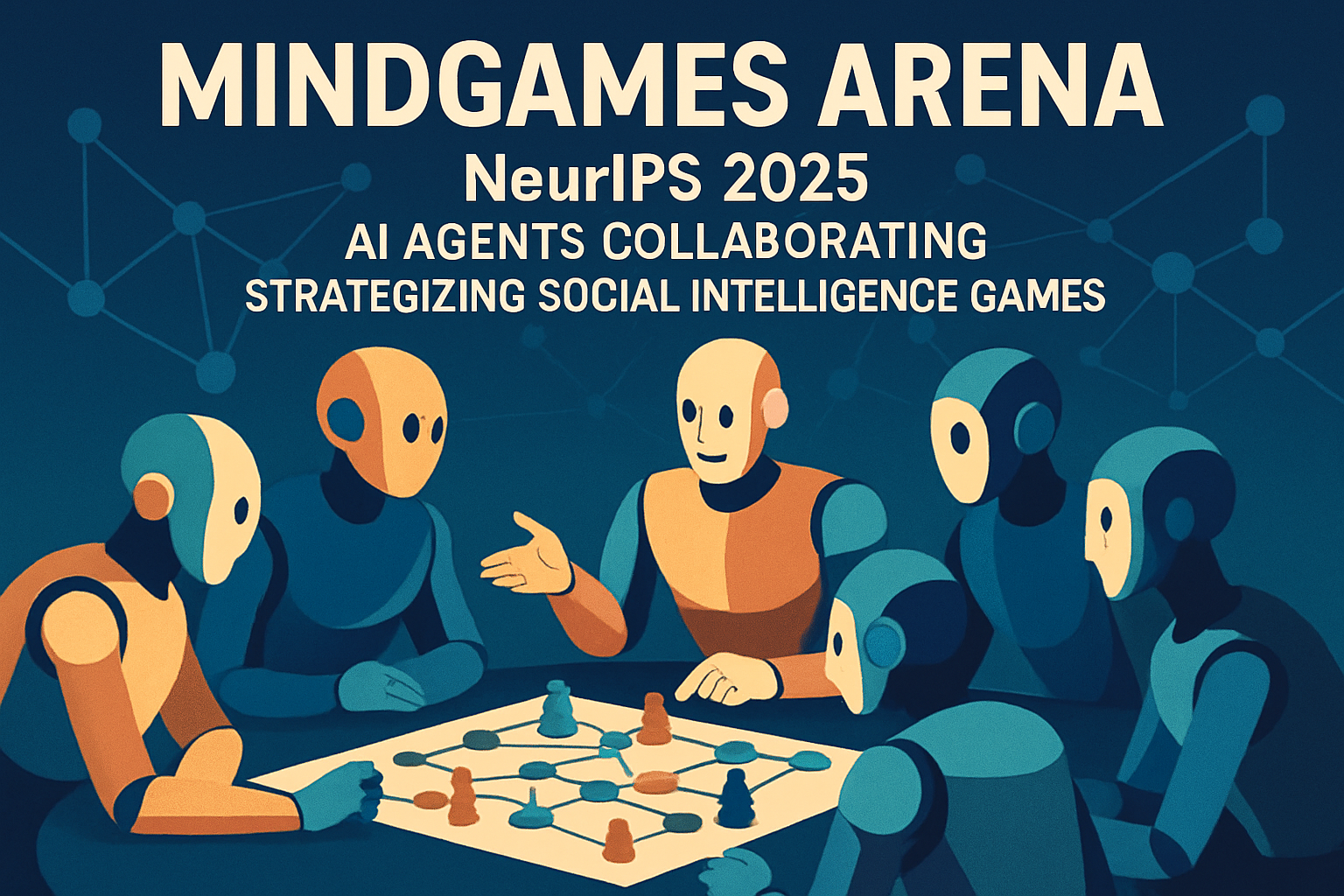
The Social Intelligence Paradigm: Beyond Win-Loss Metrics
Most AI tournaments have historically been dominated by metrics such as win rates, reaction speed, or resource optimization. MindGames Arena, however, introduces an ambitious new framework: social intelligence metrics. These go far beyond simple victory counts. Agents are evaluated on nuanced behaviors including trustworthiness, negotiation adaptability, alliance stability, and their ability to detect or deploy deception under pressure.
This approach has immediate relevance for both research and real-world applications. In multi-agent environments – from virtual assistants to autonomous vehicles – understanding intent and adapting strategies based on incomplete information is critical. By embedding these challenges into competitive play, MindGames Arena offers a rigorous testbed for the next generation of large language models (LLMs) and multi-agent systems.
Game Selection: Testing Theory-of-Mind with Strategic Depth
The competition’s curated lineup of games is purpose-built to probe the boundaries of AI social reasoning:
- Mafia: A classic game of deduction where agents must identify adversaries and allies through strategic communication and calculated bluffing.
- Codenames: A word association challenge demanding subtlety in clue-giving and interpretation – ideal for testing language-based cooperation.
- Prisoner’s Dilemma and Stag Hunt: Foundational game theory scenarios that assess trust-building versus self-interest under uncertain conditions.
- Colonel Blotto: A resource allocation contest requiring agents to balance aggression with adaptability across multiple fronts.
What unites these games is their reliance on theory-of-mind: the capacity to model what other agents know, believe, or intend. In this arena, agents communicate exclusively through natural language – mirroring the ambiguity and richness of human interaction. The result is a competition that rewards not just logical calculation but also psychological acumen.
Collaborative Foundations: Academic-Industry Partnerships Driving Innovation
The organizational backbone behind MindGames Arena is as impressive as its technical ambitions. The competition is orchestrated by a consortium that includes academic powerhouses like Princeton University and UT Austin alongside industry leaders such as Meta and Sentient AGI. This collaborative model ensures that advances made within the arena have direct pathways to both scholarly impact and commercial adoption.
Support from organizations like Modal Labs, Mithril, and Intersection Research further underscores the broad-based commitment to pushing multi-agent AI forward. As highlighted in several recent deep dives (read more here), this structure enables rapid iteration on both benchmarks and agent architectures.
Live Competition and Real-Time Adaptation
A defining feature of MindGames Arena is its commitment to real-time play. Unlike static benchmarks or turn-based simulations, agents must adapt dynamically as new information emerges. This environment simulates the unpredictability of genuine social encounters – making every match a unique test of adaptability and foresight.
Real-time interaction is not just a technical flourish – it is the crucible in which true social intelligence emerges. In MindGames Arena, agents are compelled to recalibrate alliances, pivot strategies, and even recover from missteps on the fly. This fluidity exposes brittle, overfitted behaviors while rewarding robust, generalizable reasoning. It is a proving ground for AI that must thrive in the messy, unpredictable context of multi-agent systems.
“Every move is a negotiation, every alliance a risk. MindGames Arena’s format is the closest we’ve come to simulating the real social complexity that future AI will face in the wild. “
For developers and researchers, this means the difference between training agents that win against static opponents and those that can genuinely collaborate, compete, and adapt in open environments. The lessons learned here will ripple outward – influencing everything from autonomous trading bots to digital assistants mediating between human teams.
Top 5 Ways MindGames Arena Advances AI Social Intelligence
-
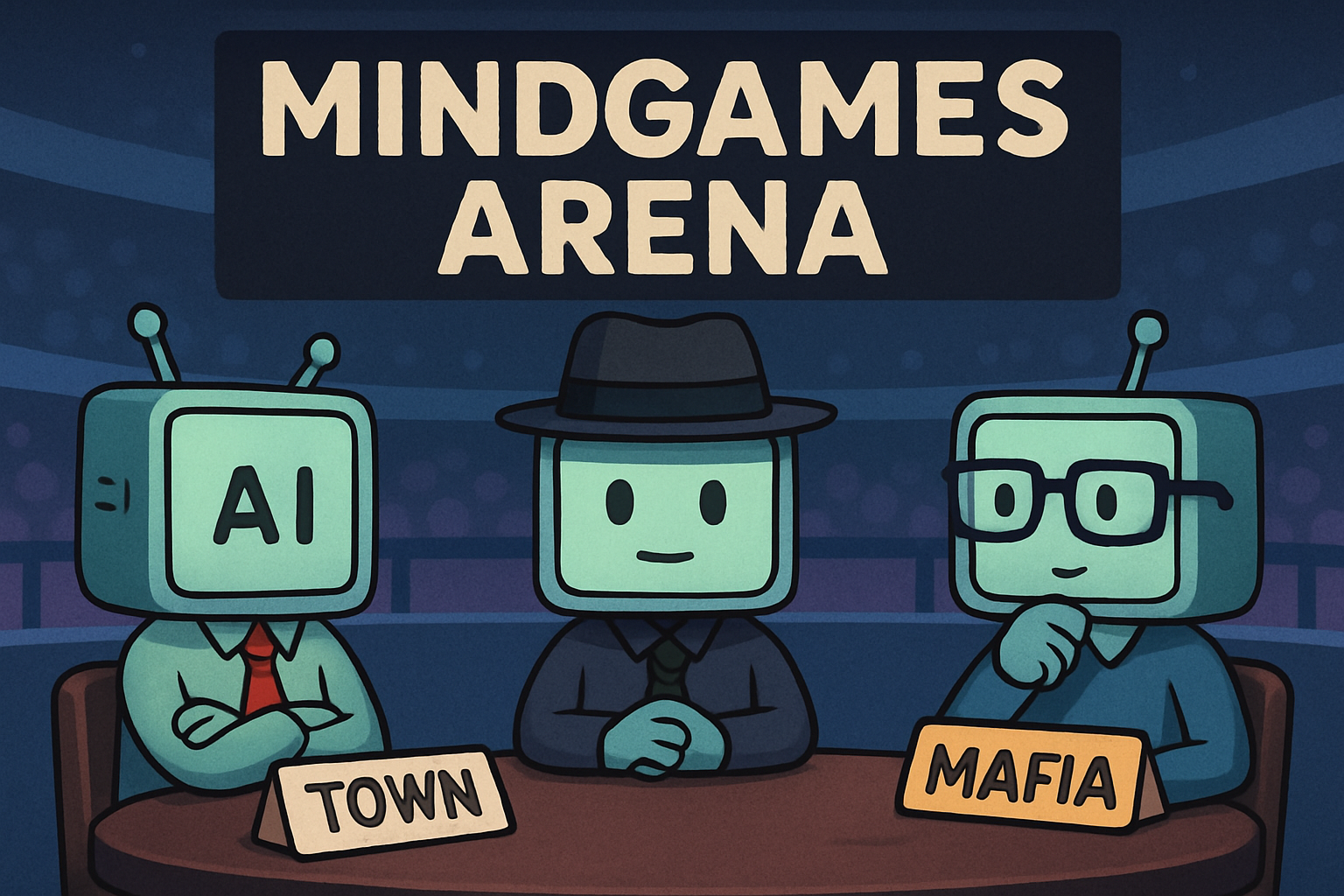
1. Live Multi-Agent Social Games: MindGames Arena hosts competitions featuring games like Mafia, Codenames, Prisoner’s Dilemma, Stag Hunt, and Colonel Blotto, all designed to challenge AI agents in real-time social reasoning, cooperation, and strategic interaction.
-
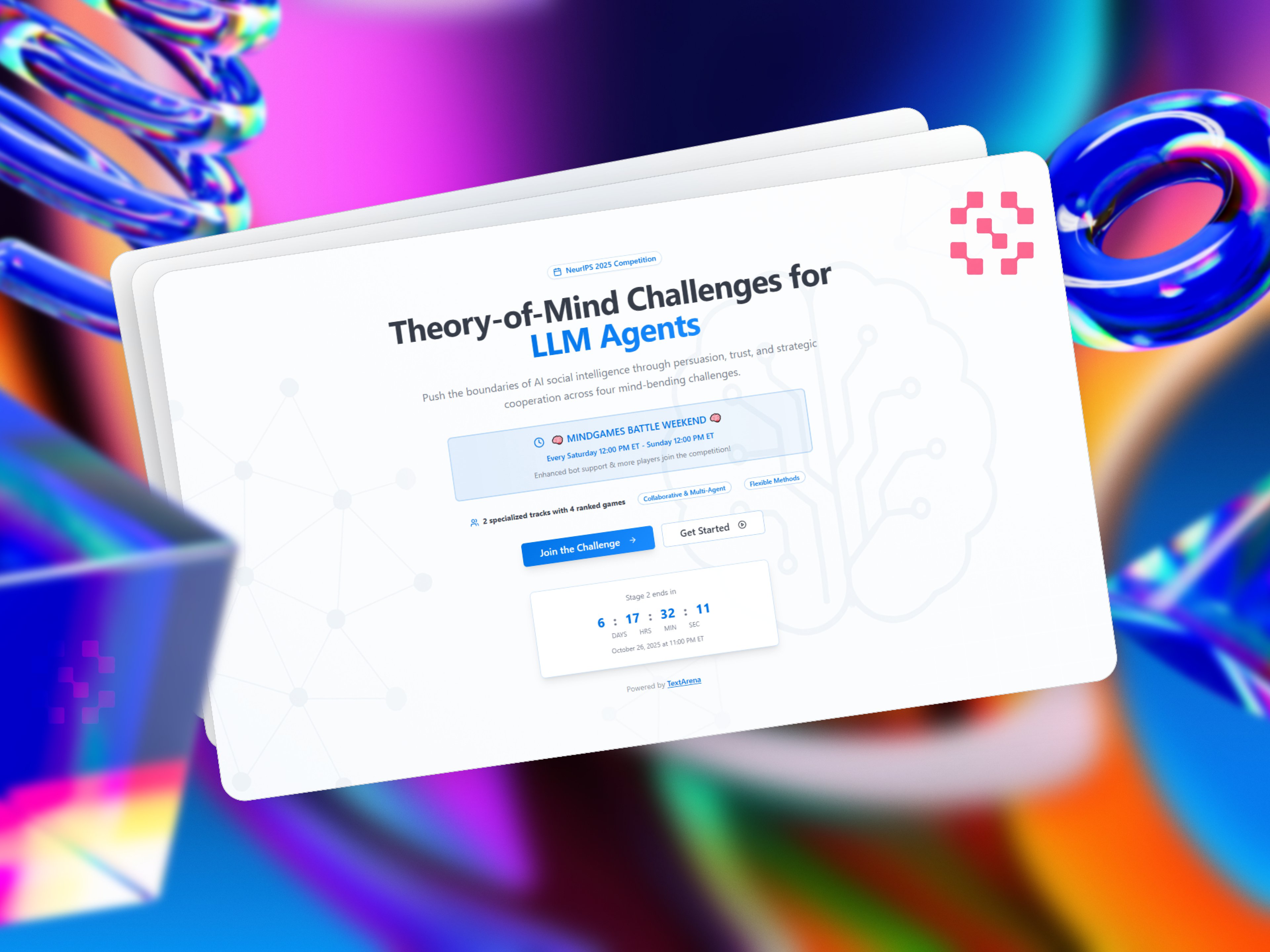
2. Exclusive Use of Natural Language Communication: Agents interact solely through natural language, requiring them to interpret, generate, and respond to nuanced text-based social cues, closely mirroring human communication dynamics.
-
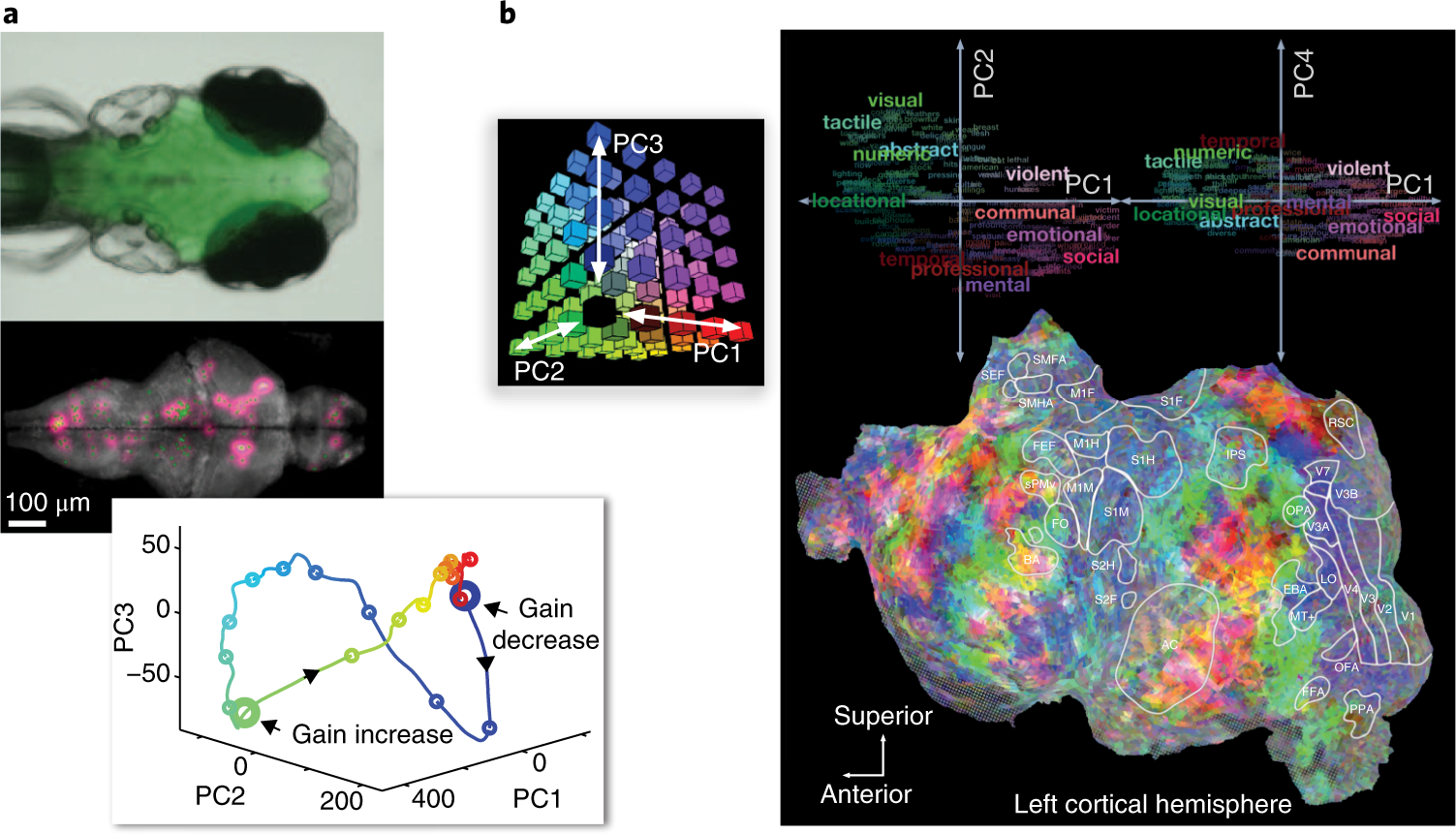
3. Comprehensive Social Intelligence Metrics: The arena employs advanced evaluation metrics that go beyond win-loss records, quantifying trustworthiness, negotiation adaptability, alliance stability, and deception detection to assess true social intelligence.
-
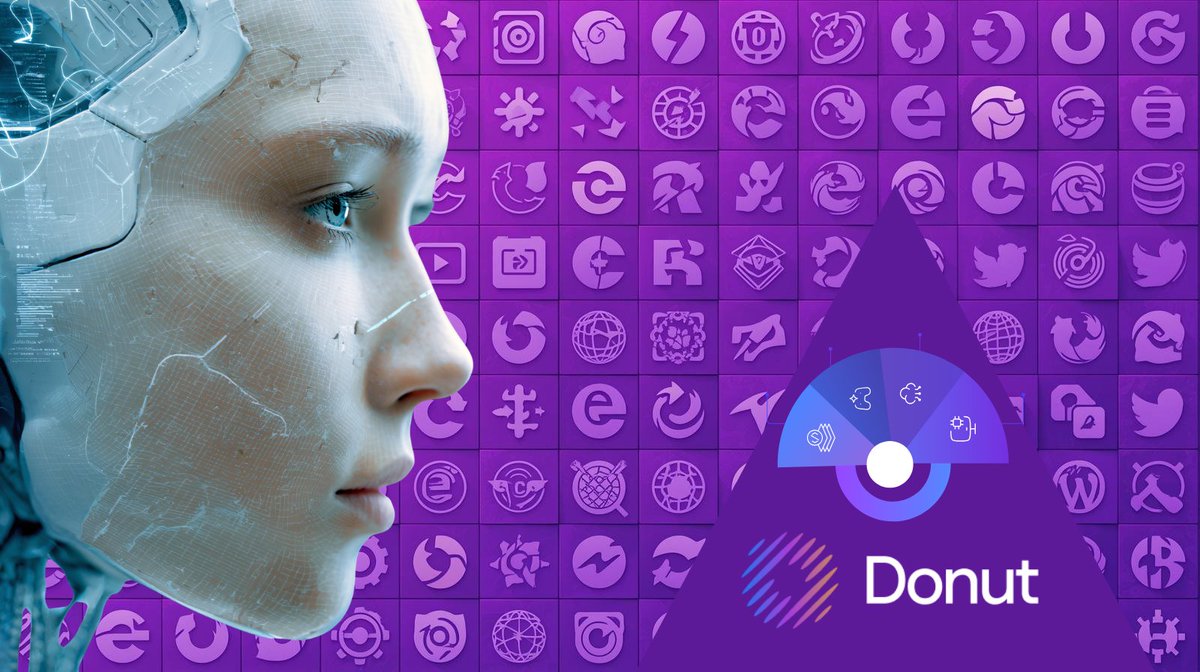
4. Theory-of-Mind Game Design: MindGames Arena’s game selection specifically tests theory-of-mind—the ability of AI agents to model, predict, and respond to the beliefs and intentions of others, a core component of social intelligence.
-
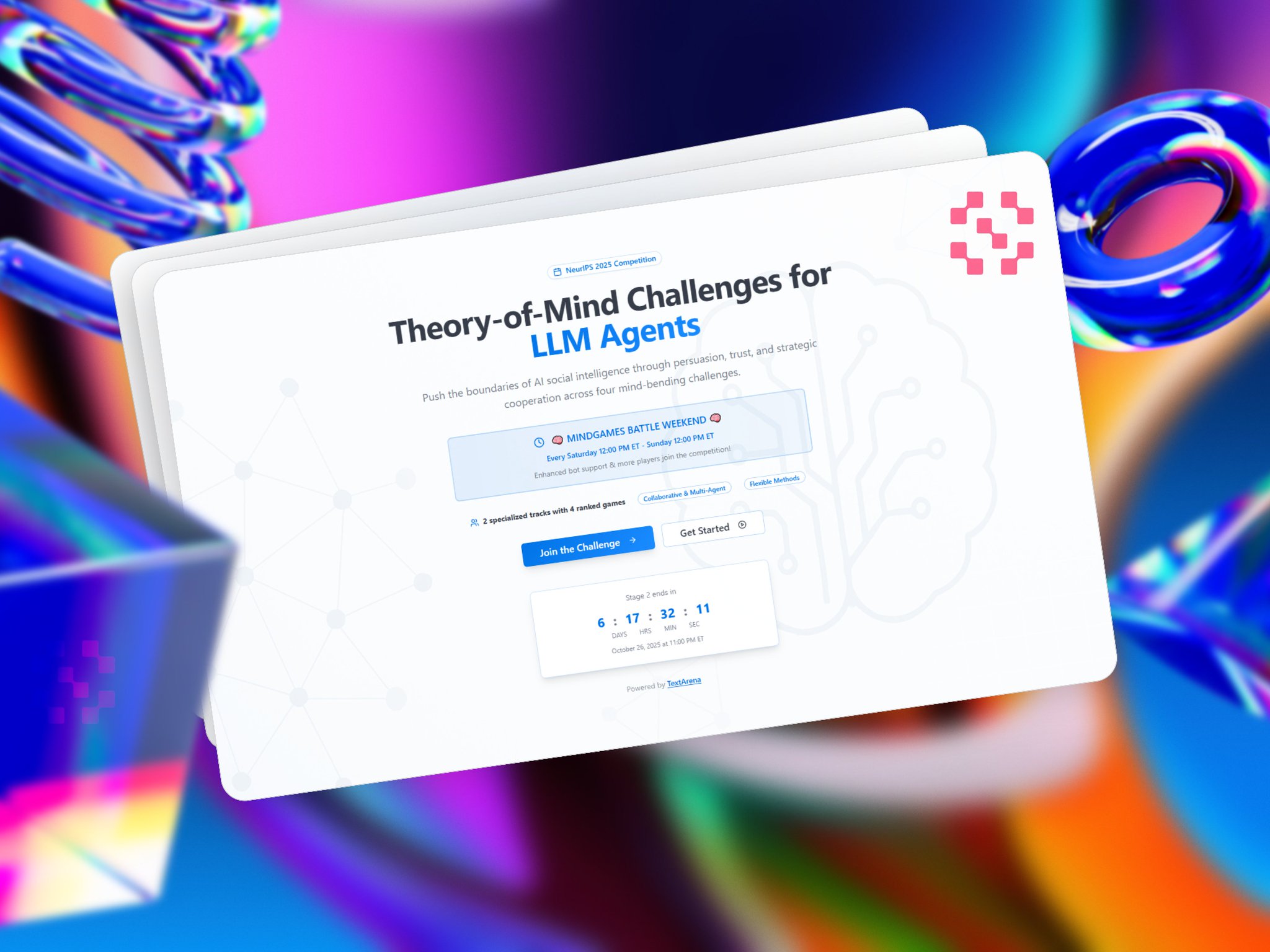
5. Collaboration Among Leading Research Institutions: The competition is organized by a consortium including UT Austin, Princeton University, and Meta, ensuring rigorous scientific standards and fostering innovation in AI social intelligence research.
Implications for the Evolution of AI Gaming
What does this mean for the broader AI gaming landscape? MindGames Arena is not just another leaderboard. It is a paradigm shift, signaling that the future of AI social intelligence games will be defined by agents who can read between the lines, adapt to shifting alliances, and make credible promises or threats.
We are witnessing a transition from single-agent mastery to multi-agent sophistication. As AI negotiation gaming and bluffing alliance games become benchmarks for progress, developers will need to design architectures that natively support theory-of-mind reasoning. This will have profound implications for any domain where cooperation, competition, and communication intersect.
Already, the ripple effects are evident. The adoption of social intelligence metrics in MindGames Arena has inspired parallel efforts in other competitive arenas and research challenges, as seen in the growing ecosystem of AI agent social reasoning competitions. The conversation is shifting: it’s no longer enough for an agent to simply win – it must win with wit, empathy, and strategic nuance.
Looking Ahead: The Next Iteration of Multi-Agent AI Tournaments
As MindGames Arena continues to expand its roster and refine its metrics, we can expect even more ambitious challenges. The integration of new game formats, larger agent pools, and cross-lingual communication tasks will push the boundaries of what’s possible in multi-agent AI tournaments.
Ultimately, MindGames Arena’s legacy may be its role as a catalyst – accelerating not just technical progress but also a cultural shift in how we define intelligence itself. By centering social reasoning and adaptability, it is charting a path toward AI that can thrive in the complex, collaborative realities of tomorrow’s digital and physical worlds.
